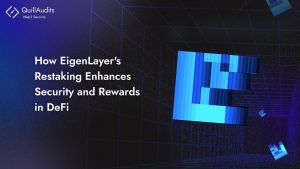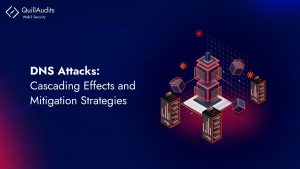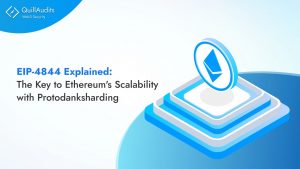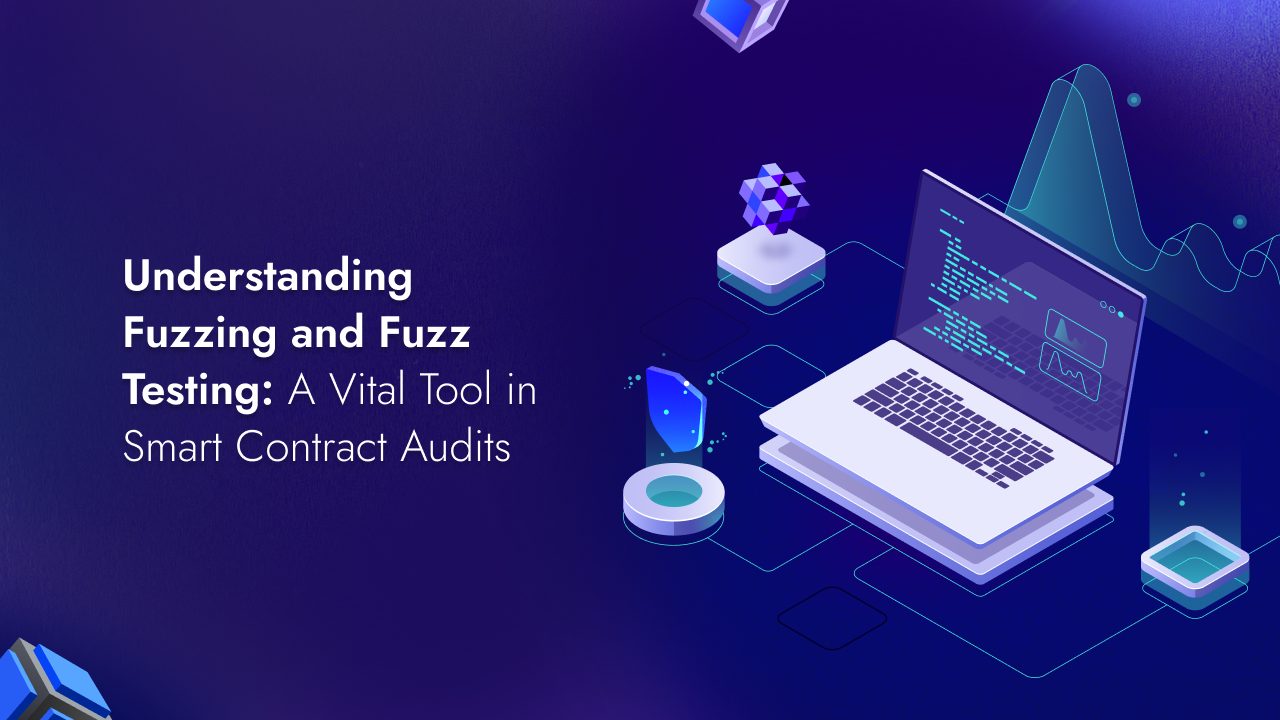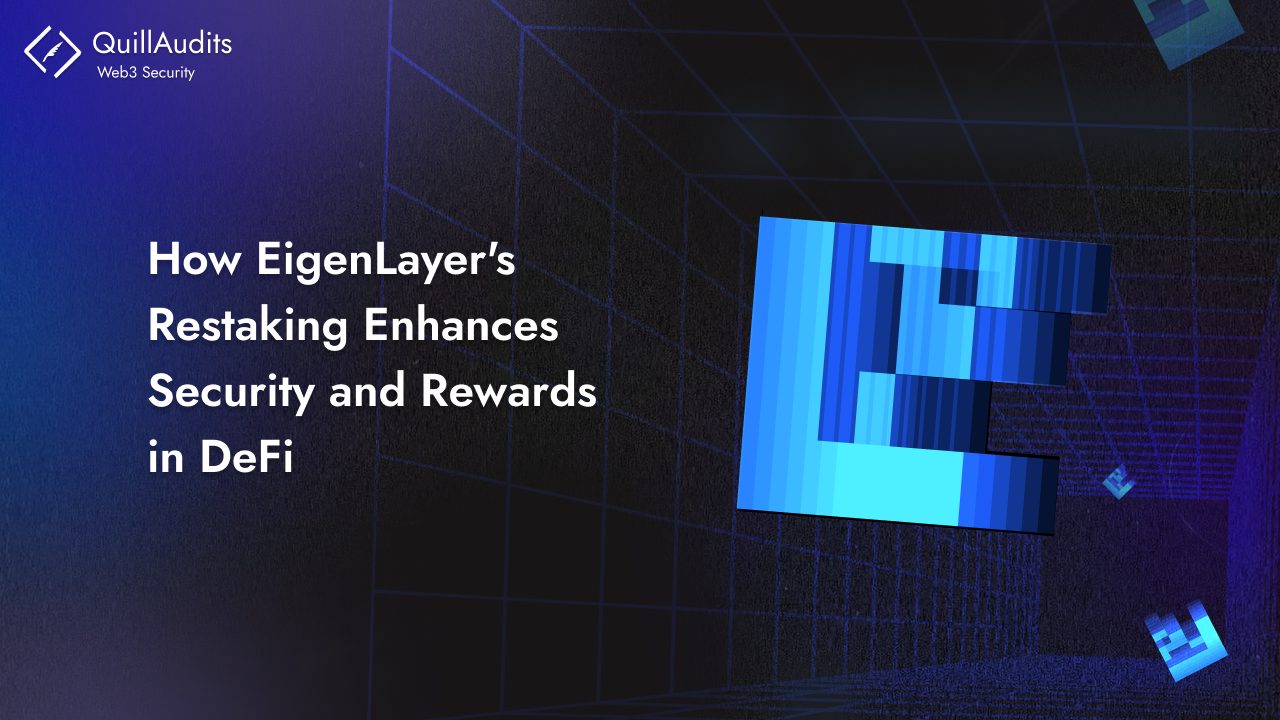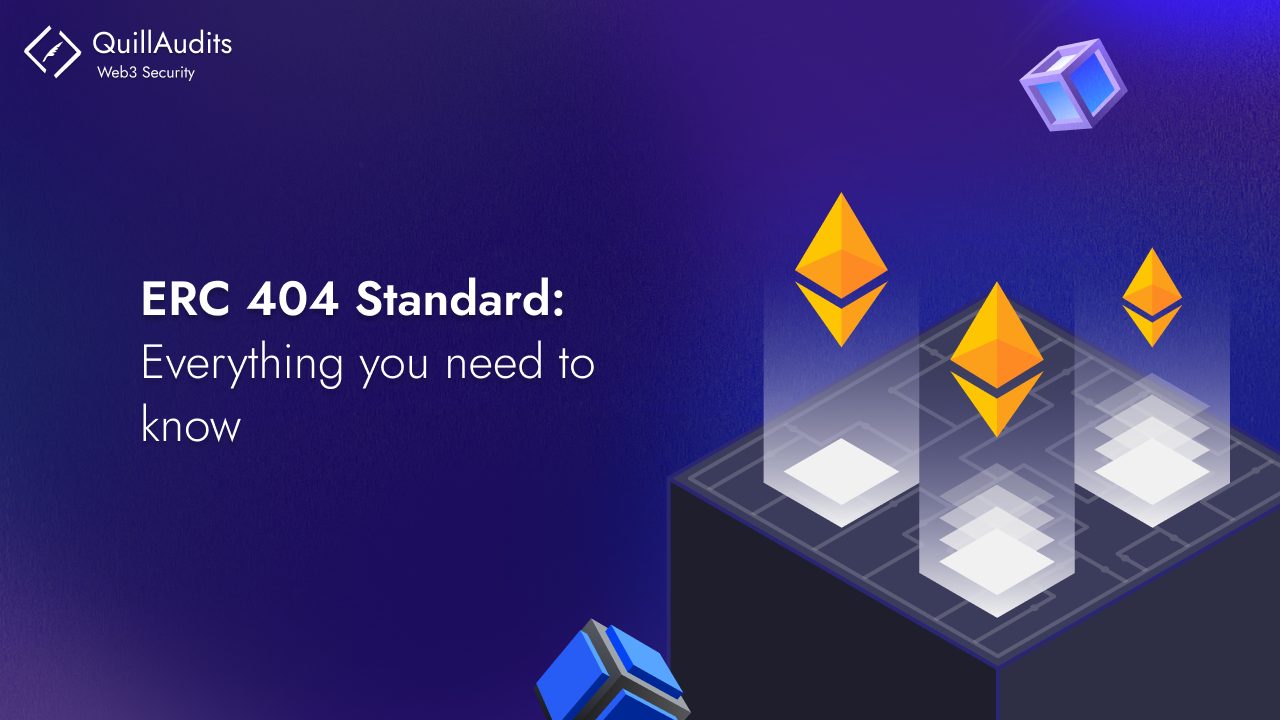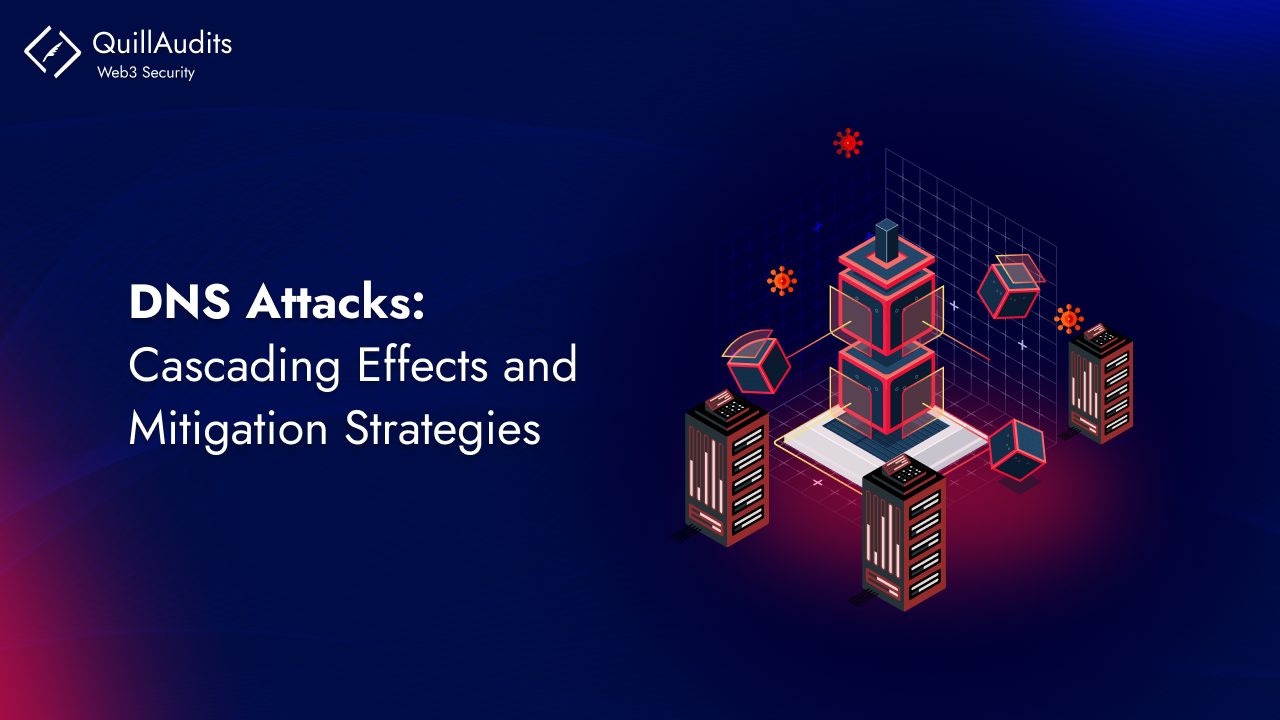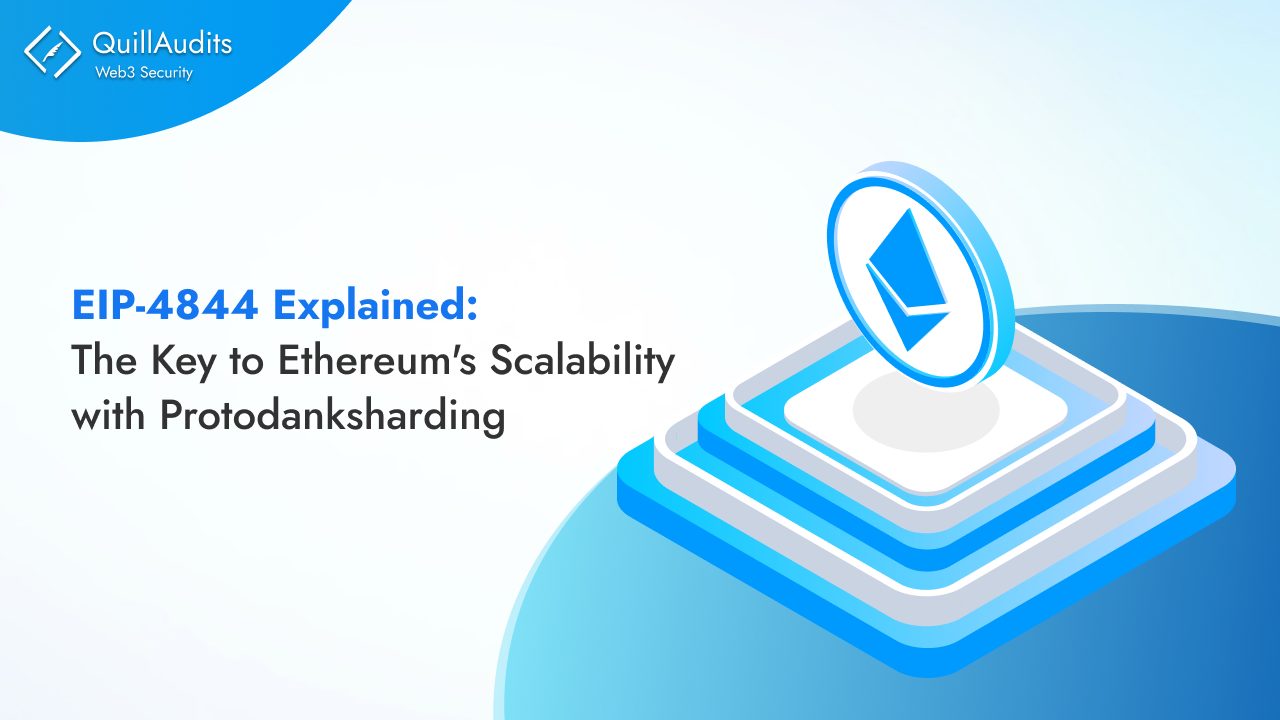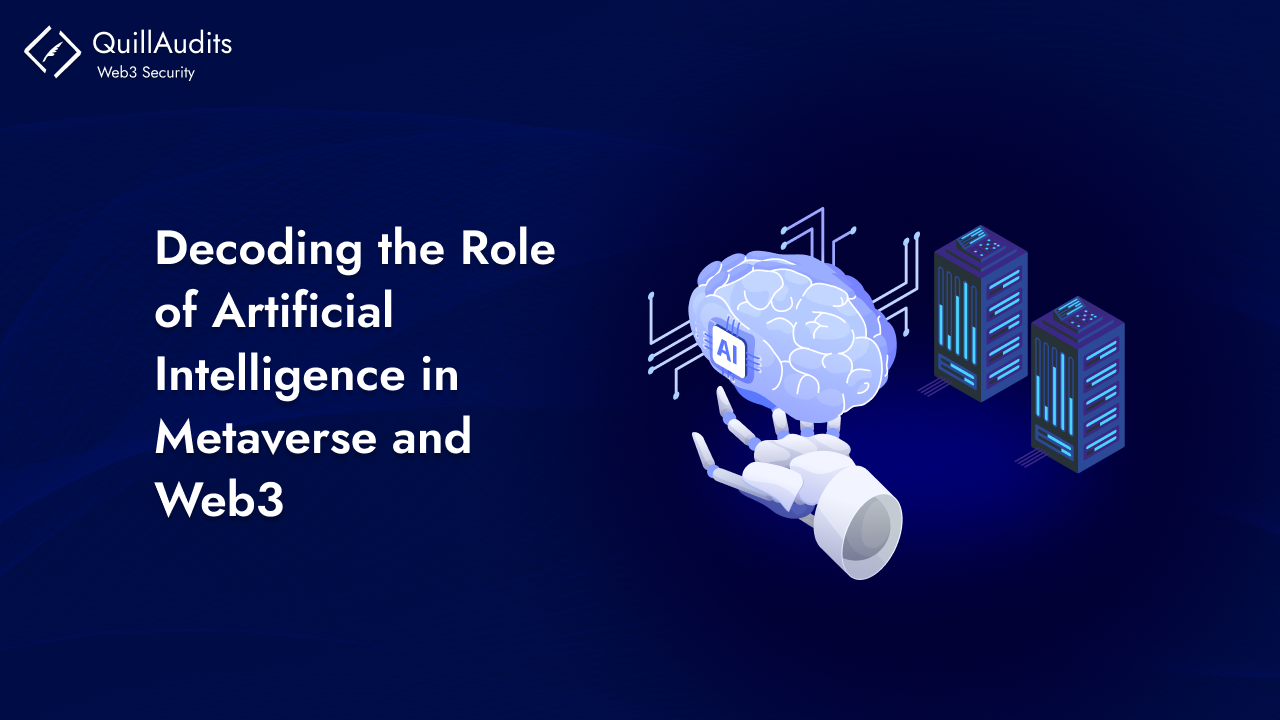From a similitude of an ICO craze, DeFi has grown to over $200 billion, according to DeFi Llama statistics. It expands to various use cases from collateralized lending and savings, including flash loans, derivatives, stable coins, etc. Smart contracts demystified why DeFi can automate and execute transactions within users in a decentralized manner. It is not an overstatement to say that there would likely be no Defi without smart contracts. It is the smart contracts that are powering Defi use cases.
DeFi and smart contracts
Decentralized finance, often called open finance and Defi in short form, is a general term given to decentralized financial applications enabled by the blockchain, focused on disrupting financial intermediaries while allowing users to perform various financial functions in a trustless manner.
While the legacy blockchain networks such as Bitcoin, Litecoin, Ethereum, and others are focused on simple value transfer, DeFi took it a step further to allow various financial use cases. Unlike legacy financial institutions like Paypal, Visa, and other payment networks, DeFi networks seem to find a way to remove the need for a third party in financial services, thus giving users control over their funds and the flexibility they deserve.
Although various blockchains are adopting DeFi applications, the successes already attained by Defi may have been impossible without Ethereum blockchain’s functionalities such as smart contracts, decentralized applications, consensus algorithms, and cryptographic technology.
Source – Here
In its simplest form, a smart contract is a set of codes or computer programs that automatically executes a set of predefined rules without the need for a third party. It is the engine house of DeFi that allows users operating a DApp to transact with each other without the need for intermediaries. According to Fabian Schär in his Economic Research Review, DeFi uses smart contracts to create protocols that replicate existing financial services more open, interoperable, and transparent.
A simple Defi smart contract is synonymous with a code set that guides two parties in a contractual obligation to perform a transaction without the need for a third party. For instance, Alice and Bob want to perform a transactional duty where Alice pays Bob for a business deal. The smart contract is predefined that Alice should remit a certain amount of funds, say $x, to Bob if he fulfills a bargain.
On the contrary, if Bob fails, the smart contract should automatically reverse the fund to Alice. Smart contracts replace third-party interference in DeFi, such that users only need to connect their wallets to Decentralized applications to perform transactions.
Source : Here
Top 7 use cases of smart contracts in DeFi
Besides a simple payment as shown between Alice and Bob in the analogy above, there are other use cases of smart contract in Defi:
Programmable/conditional Payments
In Alice and Bob analogy, they need to meet a set of conditions before payment can be released or refunded accordingly. The smart contract allows the users to set those conditions such as shipment time, weight, time, quality of deliverables, etc. When the predetermined criteria are reached, the smart contract automatically executes itself. Logistics, monitoring, paperwork, supply chain, and even lending industry are examples of the conditional application of smart contracts in DeFi.
Most Read – 3 Infamous Hacks in DeFi History and how they relate to Audits
Tokenized Assets
Smart contracts in Defi could be used to fractionalize or represent assets in a digital form. The smart contract encodes the parameters of the asset in a set of programs such that the digital asset is equivalent to the physical asset. That way, values can be transferred between users. Smart contracts can be used to tokenize fungible and non-fungible assets and be sold, transferred, and owned decentralized.
Source – Here
Examples are fungible tokens like LEDU, representing a set of payments for project-based learning. NFTs sold on the NFT marketplaces are other good examples that leverage smart contracts to facilitate the movement and trading of tokenized assets.
Gambling and Betting Applications
Since trust and transparency are among the hardest currencies in betting and gaming, smart contracts can help DeFi platforms achieve trustless betting and gambling. Developers can use smart contracts to set pricing, odds, data races, and bets against some parameters, such that it automates itself as needed. That way, betting platforms can process betting and gambling payments decentralized simply by allowing users to connect their wallets.
Derivatives and Synthetic Assets
Defi protocols can leverage smart contracts to tokenize derivatives by setting the value of a financial contract based on an underlying asset such as fiat, bonds, commodities, market indexes, interest rates, or stock prices. The tokenized contract acts as the secondary assets, which change with respect to the underlying assets called primary assets. Examples of projects already doing this are; Hegic, Synthetix and dYdX.
Gaming
Rewarding gamers is sometimes complicated due to the randomness required. However, a combination of DeFi smart contract, dApp, and verifiable random function can allow developers to build logic that can automate rewards without the hassle of a third party. This way, gamers can earn DeFi’ed gaming tokens as well as make payments on DeFi’ed gaming protocols.
Decentralized Autonomous Organizations (DAOs)
Source – Here
While the traditional financial institutions are operated, regulated, and managed by centralized parties, DeFi is betting on decentralized autonomous organizations. They are community-run organizations such as Aragon, Colony, etc, that allow decentralized peer-to-peer and fully democratic administrations. Since the subject of Defi is re-relegating third parties, smart contracts can help the community set rules and predefined policies and agreements. Instead of having a particular organization that runs the community, smart contracts rules execute based on the community consensus and democratic processes.
Borrowing and Lending
Smart contracts can be used to set borrowing and lending terms between lenders and borrowers. Like Alice and Bob’s analogy, a smart contract can lock collateral and specify and execute contractual terms between the parties. Borrowing and lending seem to be the most popular smart contract use case in DeFi. It has also been used for various borrowing and lending services like the Aave’s flash loan, Compound, etc.
Wrapping up
There is a string of smart contract use cases in DeFi, such as borrowing and lending, DAO, market making, tokenization, and many others. However, due diligence must be applied when developing smart contracts to avoid bugs and various vulnerabilities. If severe, these bugs could pose an existential threat for the DeFi application.


